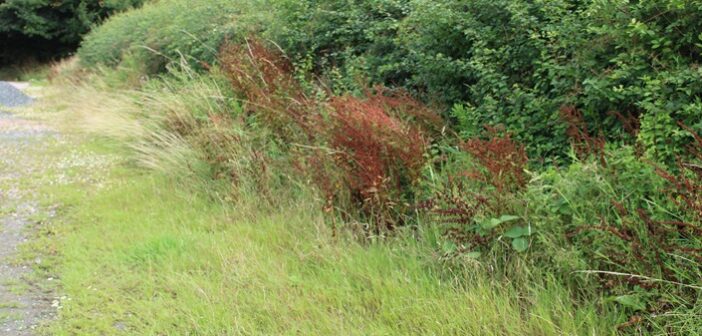From 4th July 2024, the use of rodenticides containing bromadiolone and difenacoum in open areas will be illegal. The law has been passed to reduce the number of wild and non-target species affected by second-generation anticoagulant rodenticides (SGARs) residues.
David Reece from rodenticide manufacturer LODI has welcomed the move, suggesting that there are new, more sustainable ways to control rodents on farms. “To bait burrows and open areas, such as hedgerows, farmers can use the new generation of cholecalciferol baits such as Harmonix®. Cholecalciferol (Vitamin B3) can control rodents in just seven days, yet substantially reduces the risk to non-target species like birds of prey,” says Mr Reece.
Cholecalciferol was first registered in the UK in the 1980s. However, it is only in recent years that bait manufacturers have been able to formulate a palatable formula that can outperform SGARs. “We have developed a paste bait to make it more palatable. The bait also has a stop-feed effect after two to three days which will reduce the overall amount of bait used and the risk of remaining bait harming non-target species. This makes Harmonix a more sustainable option than SGARs for outdoor use,” adds Mr Reece.
The change in the law was instigated by the Campaign for Responsible Rodenticide Use UK (CRRU) in association with the Health and Safety Executive (HSE). It applies to the use of SGARs away from buildings on all farmland and open spaces.
“Some SGARs like the bromadiolone-based Jade and difenacoum Ruby are still a good and efficacious option in and around buildings. There are also non-chemical control methods such as proofing buildings, removing food and water sources and reducing areas rodents could use for harbourage. However, the law change is likely to see the uptake of cholecalciferol baits increase significantly,” concludes Mr Reece.




